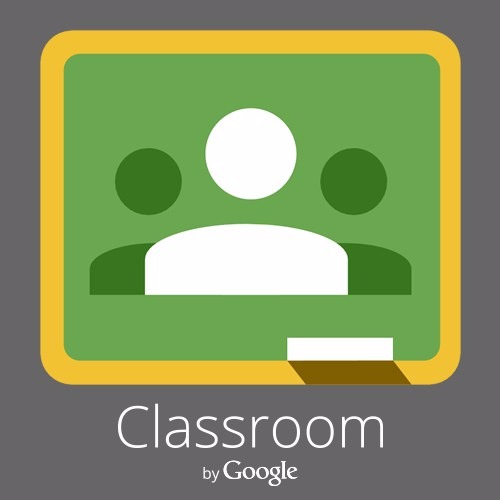Nontraditional Learning Management Systems in Higher Education
 When I interviewed for an instructional designer position with Google a few years ago, I was convinced that they were looking to take their Classroom product wider and deeper. I thought that they were ready to take on Blackboard, Canvas et al and start to integrate their free LMS with student information systems, add a gradebook etc. Mixed in with all their existing tools for video streaming (YouTube) and conferencing (Hangouts) plus Docs and the rest, I really expected them to offer a free LMS that colleges would use. It would be very tempting. Look at how many colleges switched over to Gmail as the official institutional mail system.
When I interviewed for an instructional designer position with Google a few years ago, I was convinced that they were looking to take their Classroom product wider and deeper. I thought that they were ready to take on Blackboard, Canvas et al and start to integrate their free LMS with student information systems, add a gradebook etc. Mixed in with all their existing tools for video streaming (YouTube) and conferencing (Hangouts) plus Docs and the rest, I really expected them to offer a free LMS that colleges would use. It would be very tempting. Look at how many colleges switched over to Gmail as the official institutional mail system.
"Nontraditional" learning management systems (I'm thinking of both paid and free ones) have increased in online courses. Much of that movement has come from MOOC use and also from companies who have created their own systems to promote training and course offerings.
A new article from EDUCAUSE looks at graduate student use of Google Classroom. If you were using Classroom for your course a few years ago, you were more likely to be teaching in K-12 than at the undergraduate or graduate levels.
The study looks at many of the areas that have been studied before: improving effectiveness, increasing students' interactions with each other and their instructors and building community online. The difference is the audience of grad students.
The earliest MOOCs were using nontraditional web applications like Facebook and Twitter for higher education. But their use has been more limited - perhaps for an assignment - and few educators would call any one of them or a combination to be the equivalent of an LMS.
The study also points out that products like Schoology have borrowed a lot of UI and design from sites like Facebook.
This study is small - "When asked if they would use Google Classroom again, five of the seven participants said, "yes." I would consider using Google Classroom again as well, but only for a small course." But it is a study worth conducting at other institutions and with larger classes, even MOOC-sized ones.
The author, Stephanie Blackmon, feels "the stream can be a bit daunting for some students" and she is hesitant to rely on it for larger classes. I would be less hesitant, but I don't think Classroom is ready to be the nontraditional LMS for a traditional college-credit course.
But some company, perhaps Google, is going to offer that free LMS and that's when things will really get interesting.
An overview of Google Classroom features:
Trackbacks
Trackback specific URI for this entryThe author does not allow comments to this entry
Comments
No comments